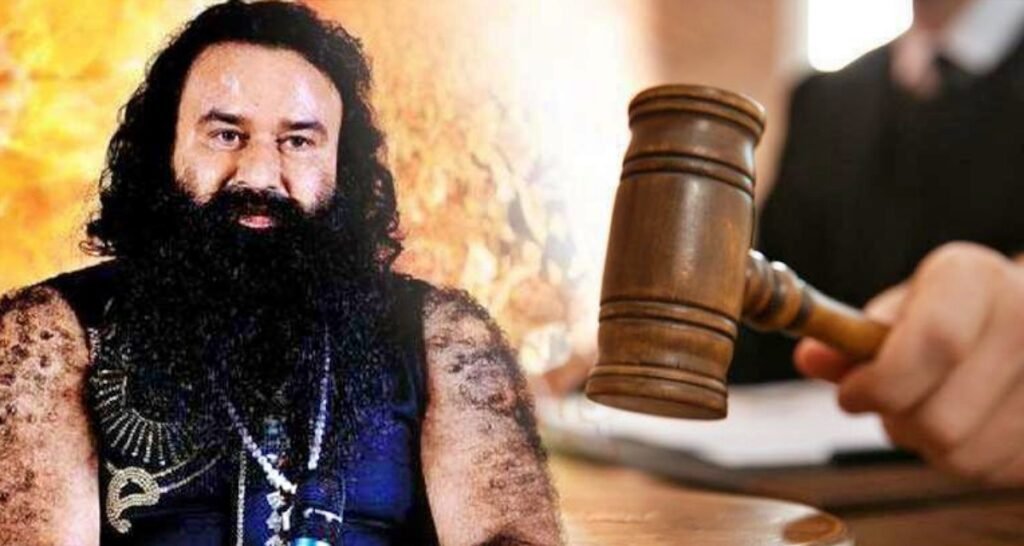
Chandigarh: In a significant legal blow to Dera Sacha Sauda chief Gurmeet Ram Rahim, the Punjab government has given the green light to prosecute him in connection with the 2015 sacrilege cases that shook the state. The decision, announced shortly after the Supreme Court lifted a stay on the proceedings, intensifies the legal challenges for the controversial religious leader, already serving a prison sentence for other crimes.
The sacrilege incidents occurred between June and October 2015, when three deeply distressing acts involving the desecration of the Guru Granth Sahib, the holy scripture of the Sikh faith, took place in Faridkot district. These acts triggered massive public outrage and violent protests across Punjab. An FIR was registered on June 2, 2015, at the local police station under various sections of the Indian Penal Code (IPC), including Section 295A, which pertains to deliberate acts intended to outrage religious feelings.
The Punjab government’s recent approval clears the way for Ram Rahim to be prosecuted in three key cases. The first incident involves the alleged theft of a sacred “Bir” (copy) of the Guru Granth Sahib from a gurdwara in the village of Burj Jawahar Singh Wala in July 2015. A few days later, torn pages of the holy scripture were discovered scattered in the streets of nearby villages, sparking public fury.
The second case pertains to a subsequent act of desecration in October 2015, where torn pages of the Guru Granth Sahib were found in Bargari, another village in Faridkot district. Protests erupted, leading to a violent confrontation between police and demonstrators in Behbal Kalan. The police’s firing on the peaceful protesters resulted in deaths, further deepening the anger and mistrust between the community and the authorities.
For almost two years, the investigation stalled, with the Punjab police seeking the required governmental approval to prosecute Ram Rahim. However, the Punjab and Haryana High Court had imposed a stay on the cases, stalling any further legal action. In a pivotal development just four days ago, the Supreme Court lifted that stay, paving the way for the Punjab government’s approval to proceed.

Ram Rahim, who is currently serving a 20-year sentence for rape and murder, now faces a new set of grave allegations. The move to prosecute him in the sacrilege cases could deepen tensions within the state, where emotions surrounding the incidents remain raw nearly a decade later.








































